The University of Minnesota has recently created a formal disciplinary process for faculty who fail to comply with the COVID-19 attestation mandate.
The Faculty Senate approved the creation of a special panel consisting of five faculty members from across the University system at their Sept. 30 meeting. The panel will provide disciplinary recommendations to college deans for any faculty who did not comply with the University’s COVID-19 attestation form mandate, which asks faculty to attest to being vaccinated or agree to regular testing.
The hope is this process will provide a timely and uniform framework for instituting consequences across campuses and colleges, said Jerry Cohen, a member of the Senate Judiciary Committee (SJC) and microbiology professor.
“I think a panel is the best way to deal with [noncompliance] simply because you can put people on there who actually understand those issues, and you can come up with a uniform decision,” Cohen said.
The SJC provides faculty an opportunity to appeal decisions of their supervisors. This typically deals with faculty being denied promotions and tenure, but the SJC also hears cases of disciplinary action.
One possible outcome of this process could be suspension without pay. However, University leaders said they want to work with faculty members to avoid highly serious consequences, said Vice Provost for Faculty and Academic Affairs Rebecca Ropers in an email to the Minnesota Daily.
As of the Sept. 17 attestation form deadline, only nine faculty had not communicated their vaccination status. As of Oct. 8 there is now only one faculty member who has failed to complete the form, and the University is currently working with them, Ropers said.
Due to low numbers of noncompliant faculty, some members of the Faculty Senate questioned if creating this panel was necessary. However, this panel process will cover any violation of the attestation policy, including those who violated testing commitments, Ropers said.
The University is not currently monitoring compliance for each faculty member, but is rather operating from a place of trust, Ropers said.
The panel is composed of five faculty members, three tenured and two contract, all with previous governance experience with the SJC or the Office of Conflict Resolution, Ropers said.
They will look at cases of misconduct that occur on the Twin Cities, Rochester and Morris campuses and provide deans with recommended consequences. Faculty at Duluth and Crookston are governed by their unionization agreements.
“I think people were looking for individuals to be on that panel who have been through processes like this … they understand the dynamics of what’s going on,” said Becky Yust, SJC chair and College of Design professor.
With only one panel submitting recommendations for misconduct instances throughout the system, the hope is the decisions deans make will be consistent. In the past, individual departments and colleges have been highly variable in how they interpret an issue, Cohen said.
“I think the worry is different colleges might deal with it slightly differently,” said Michael Rodriguez, dean of the College of Education and Human Development. “We want to be uniform in our approach.”
The provost and deans have discussed appropriate disciplinary measures for faculty to make sure decisions are fair across colleges, Ropers said. While the panel provides deans with recommendations, the final disciplinary action is ultimately the dean’s decision.
Faculty members have the ability to appeal a dean’s decision through the SJC. In that case, the University president, currently Joan Gabel, has final authority in these decisions. The appeals process can be lengthy and last months, Cohen said.
Rodriguez said deans will try to ensure due process by maintaining consistency through the panel, and by taking into account the needs of individuals and the larger community when making these decisions to preserve fairness.
“Right now, we’re trying to protect the needs of the community, but that’s not always easy to do,” Rodriguez said. “[It’s] that balance to protect individual rights and privacy, but at the same time, meet the greater good need[s] of the community.”


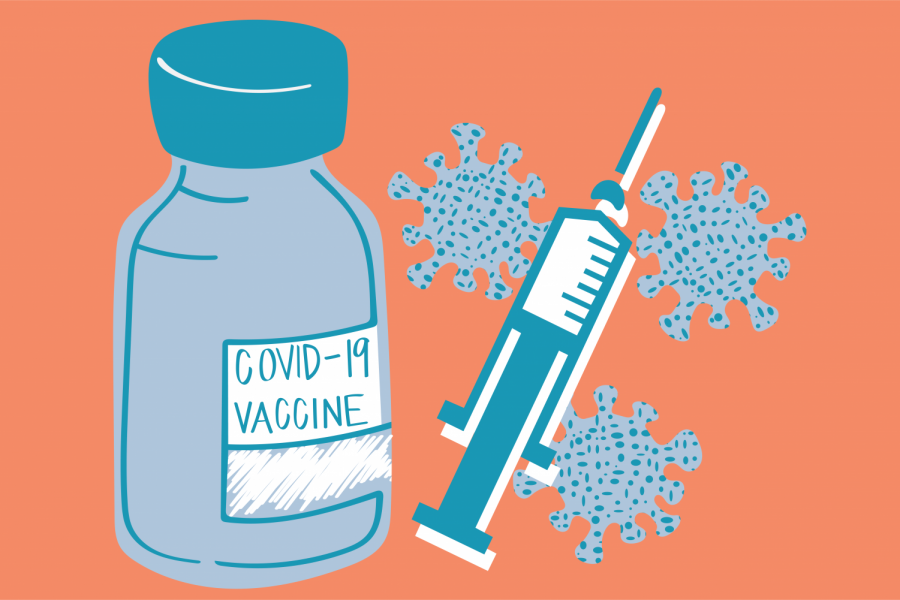






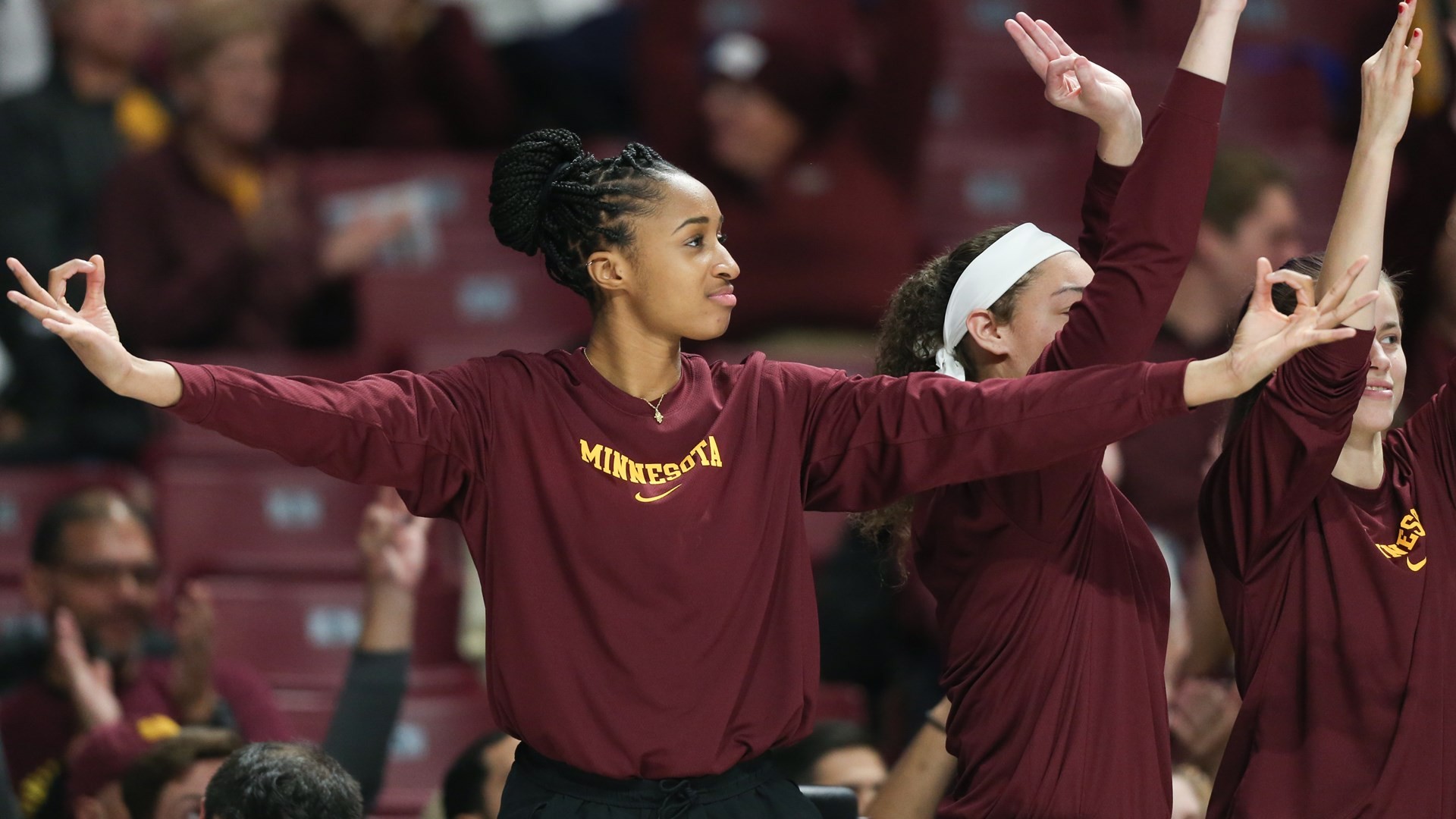
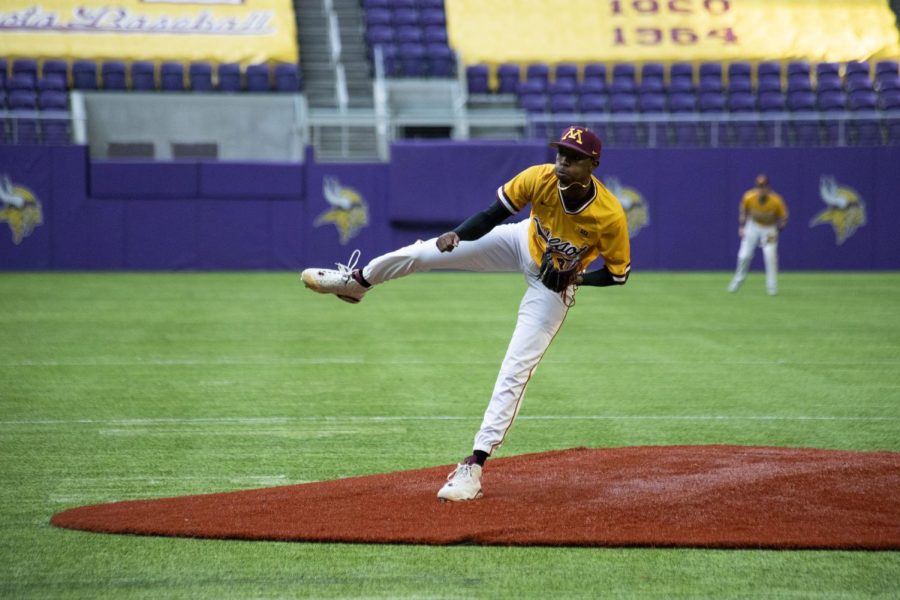





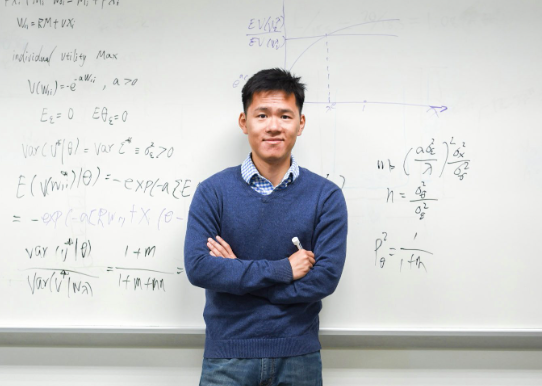
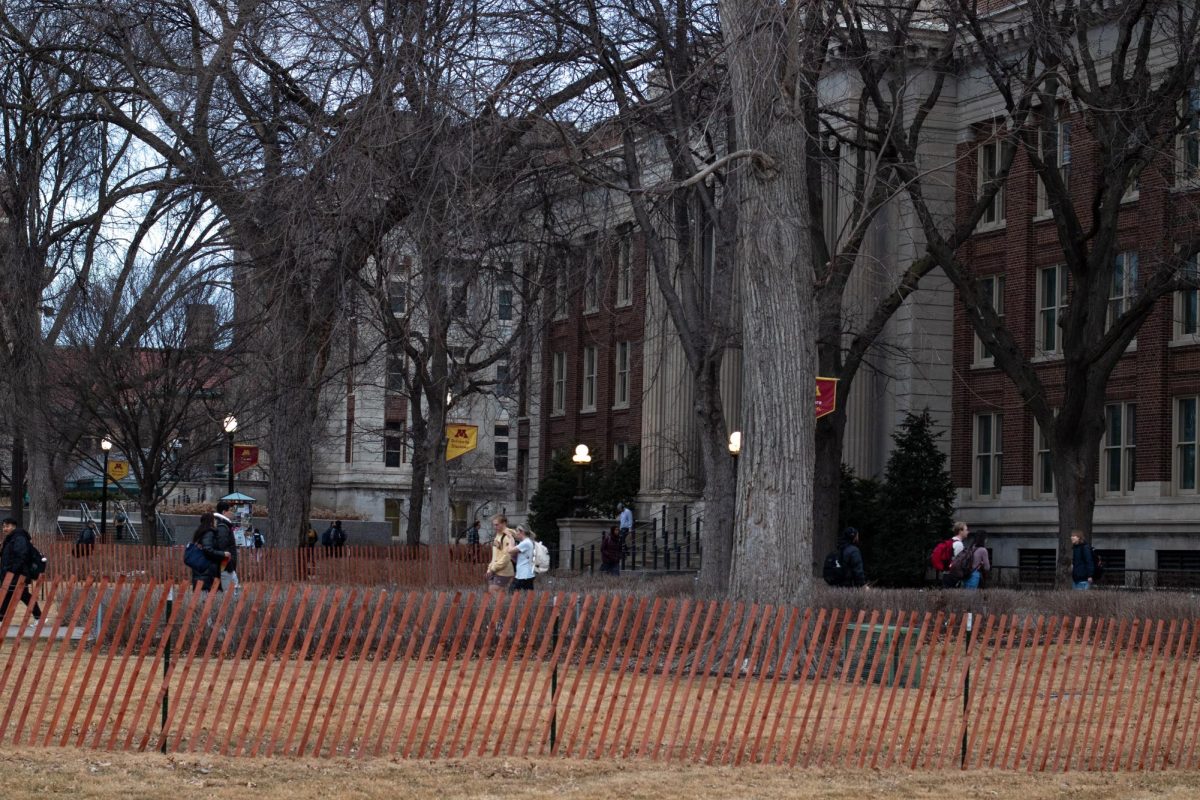
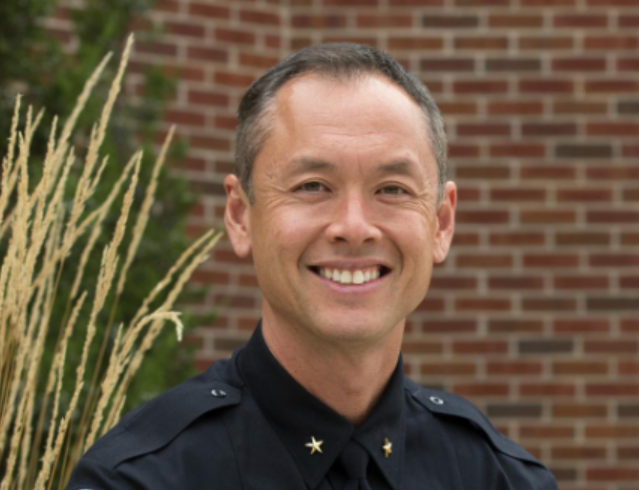
A Gopher
Oct 14, 2021 at 4:09 pm
Except this is just a shot. You’ve been given dozens of shots to help keep you and those around you safe throughout your life. This particular shot has been given to over 3 billion people and has been proven safe and efficacious. The Supreme Court has ruled it is constitutional to mandate shots and if I have to breathe the same air as you I would prefer you’ve had your shots just as I have taken all my shots, even the flu vaccine, to prevent myself from unwittingly getting someone else sick. Viruses don’t care what you think, they need human cells to replicate and the more people we have shielded from infection the sooner we can go back to some semblance of normalcy. I have a PhD in biochemistry so please understand that I’m not making stuff up or having my mind controlled by CNN, simply pointing out the actual facts of the situation in the hopes that we can all be rational and move on from this mess.
Rusty
Oct 14, 2021 at 12:11 pm
This is the German Neo-Nazi face of America coming to the forefront of society.
Forced Medical Procedures are German Nazi Party related.